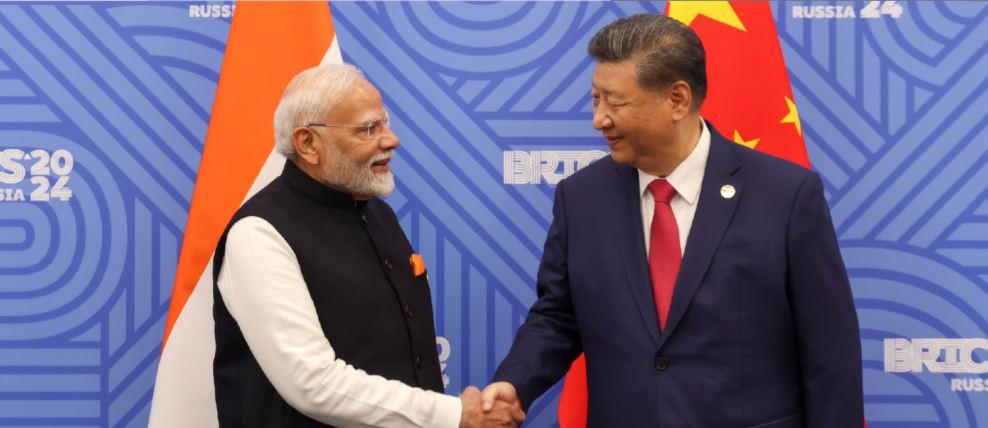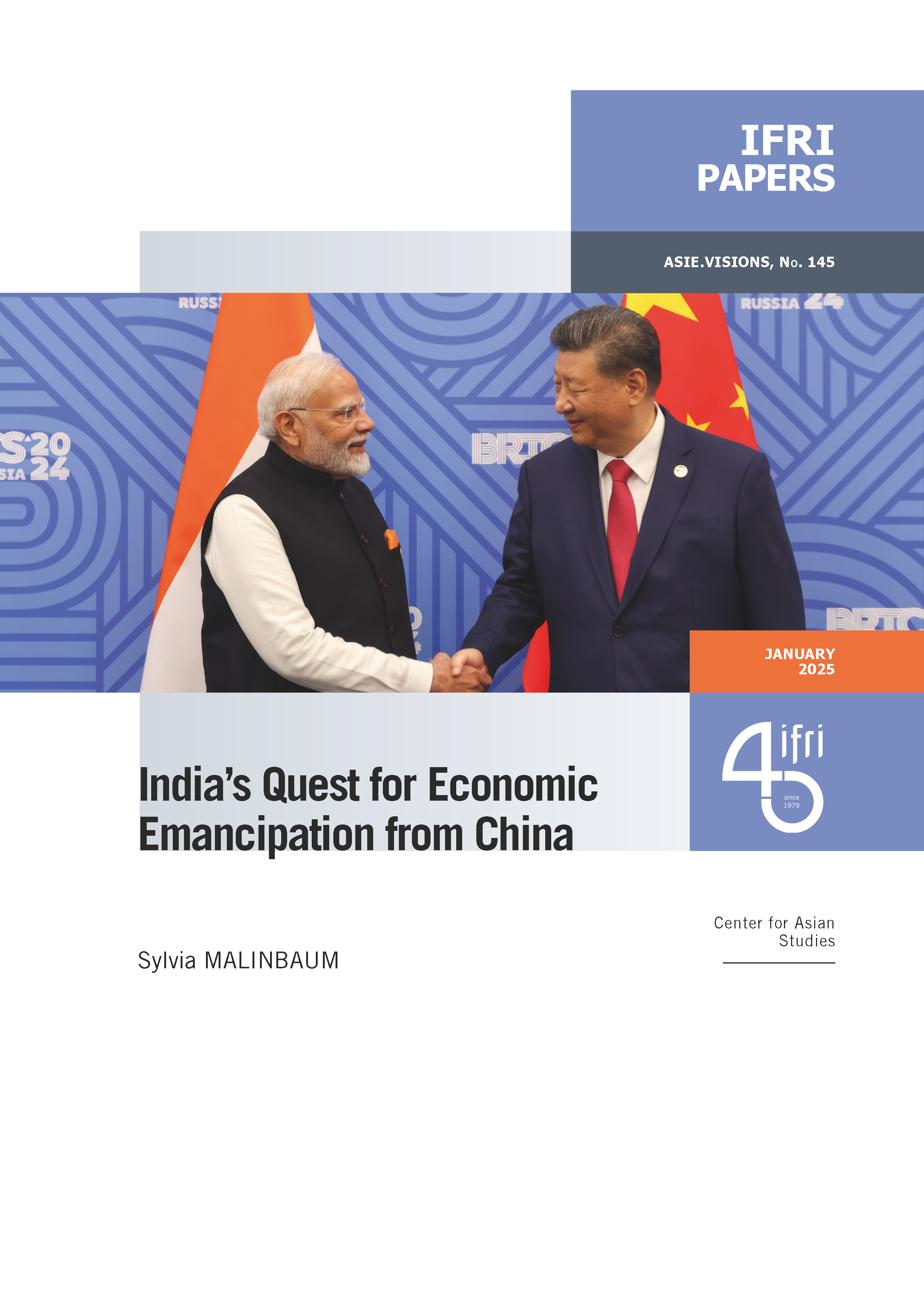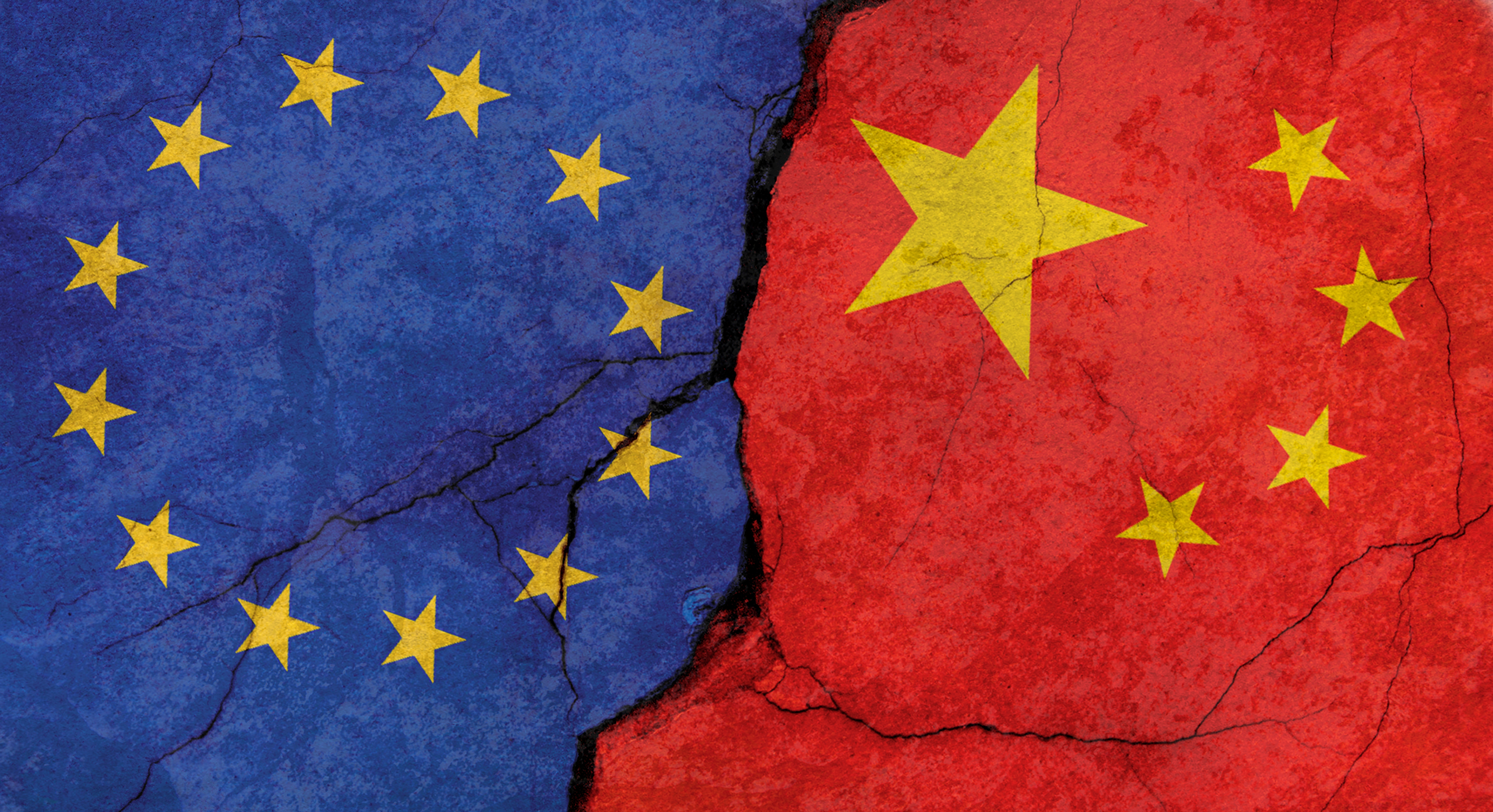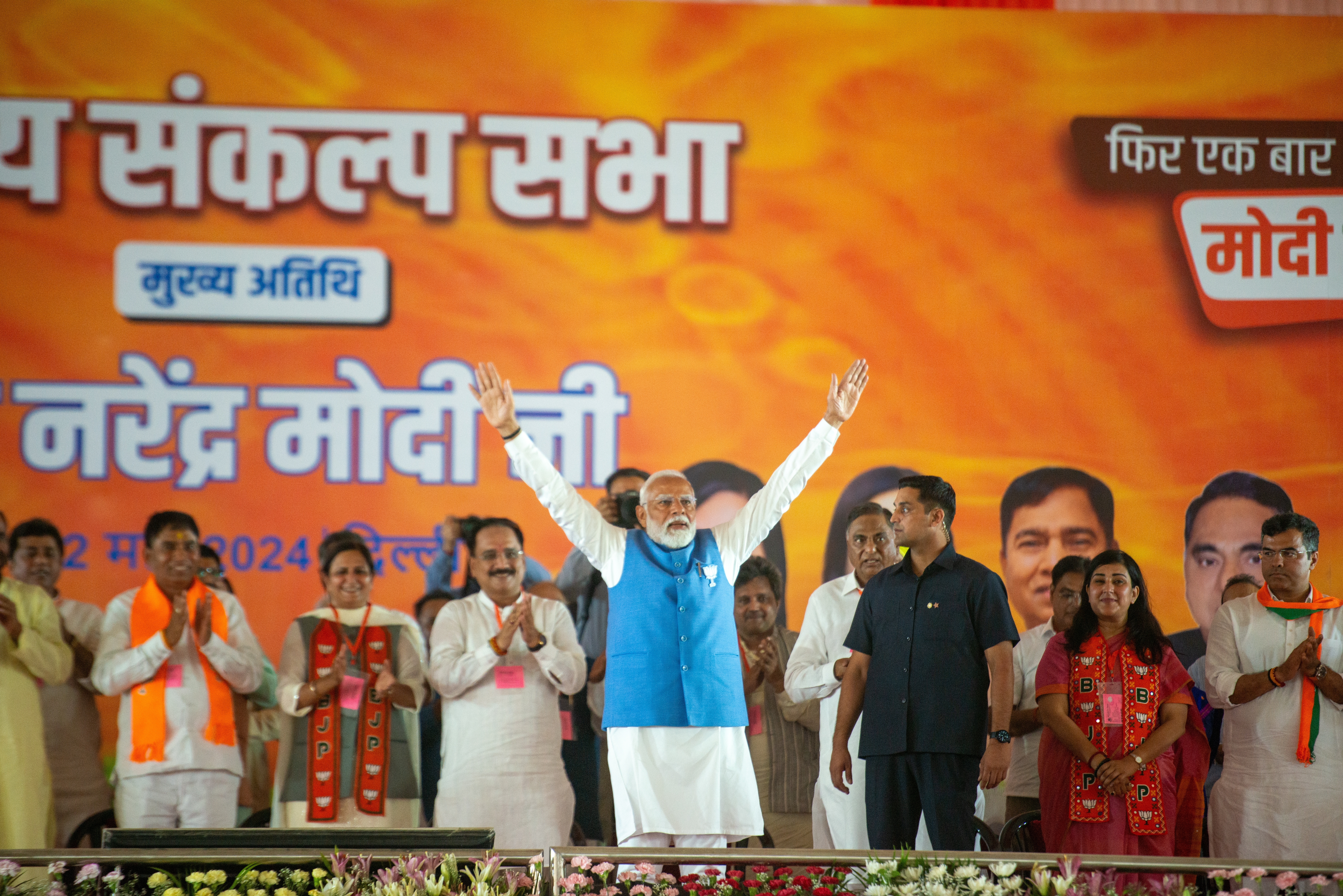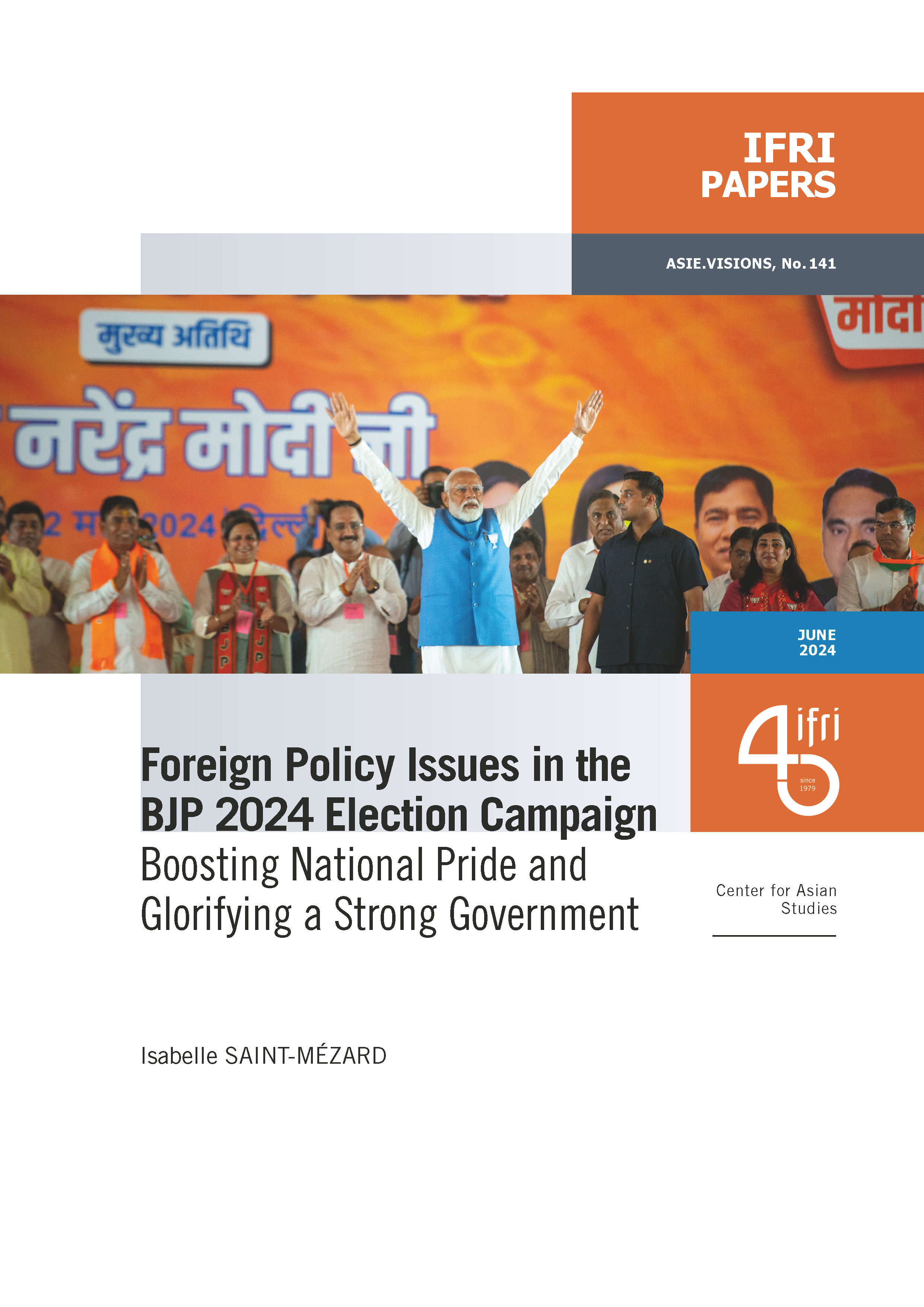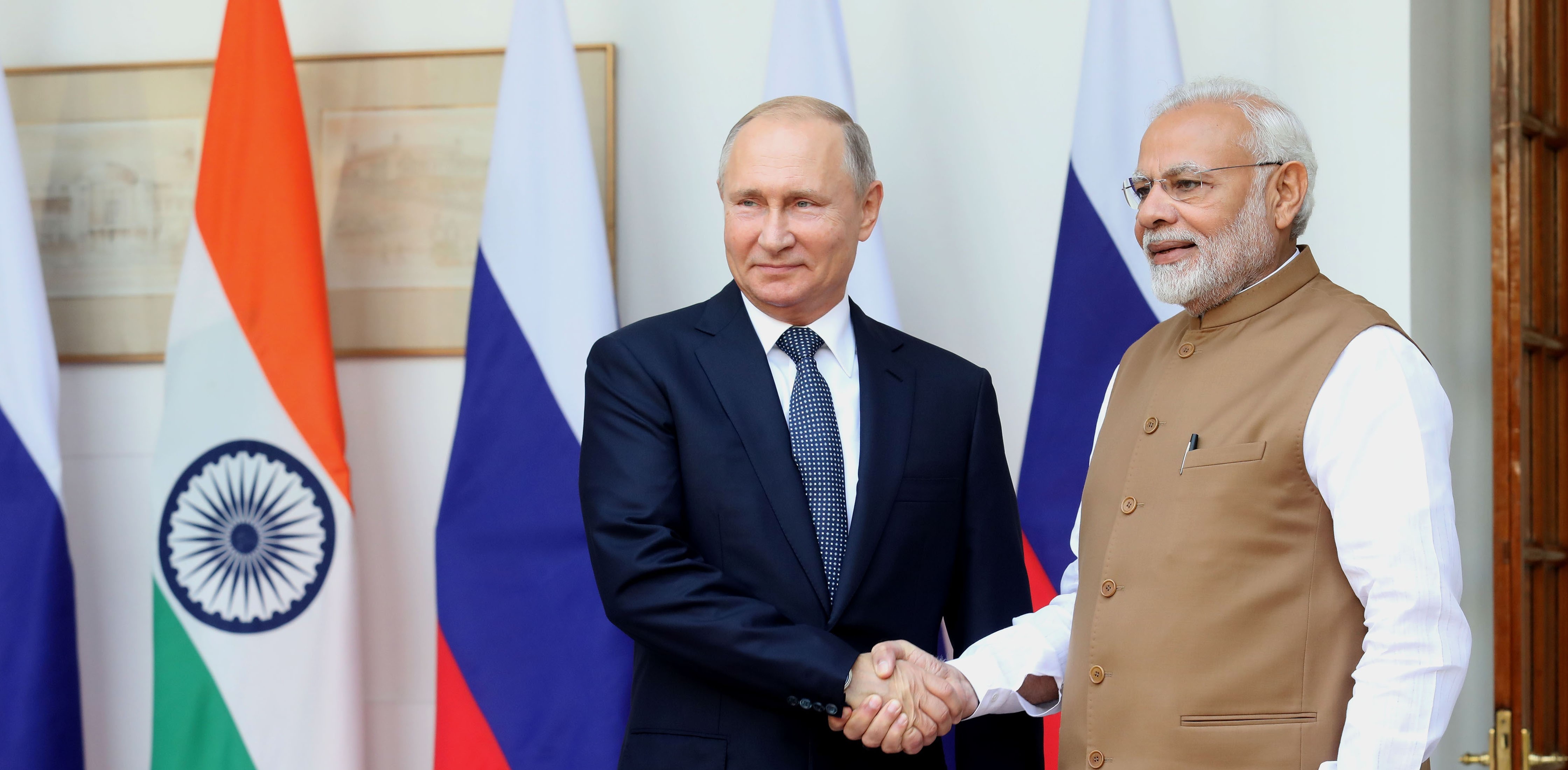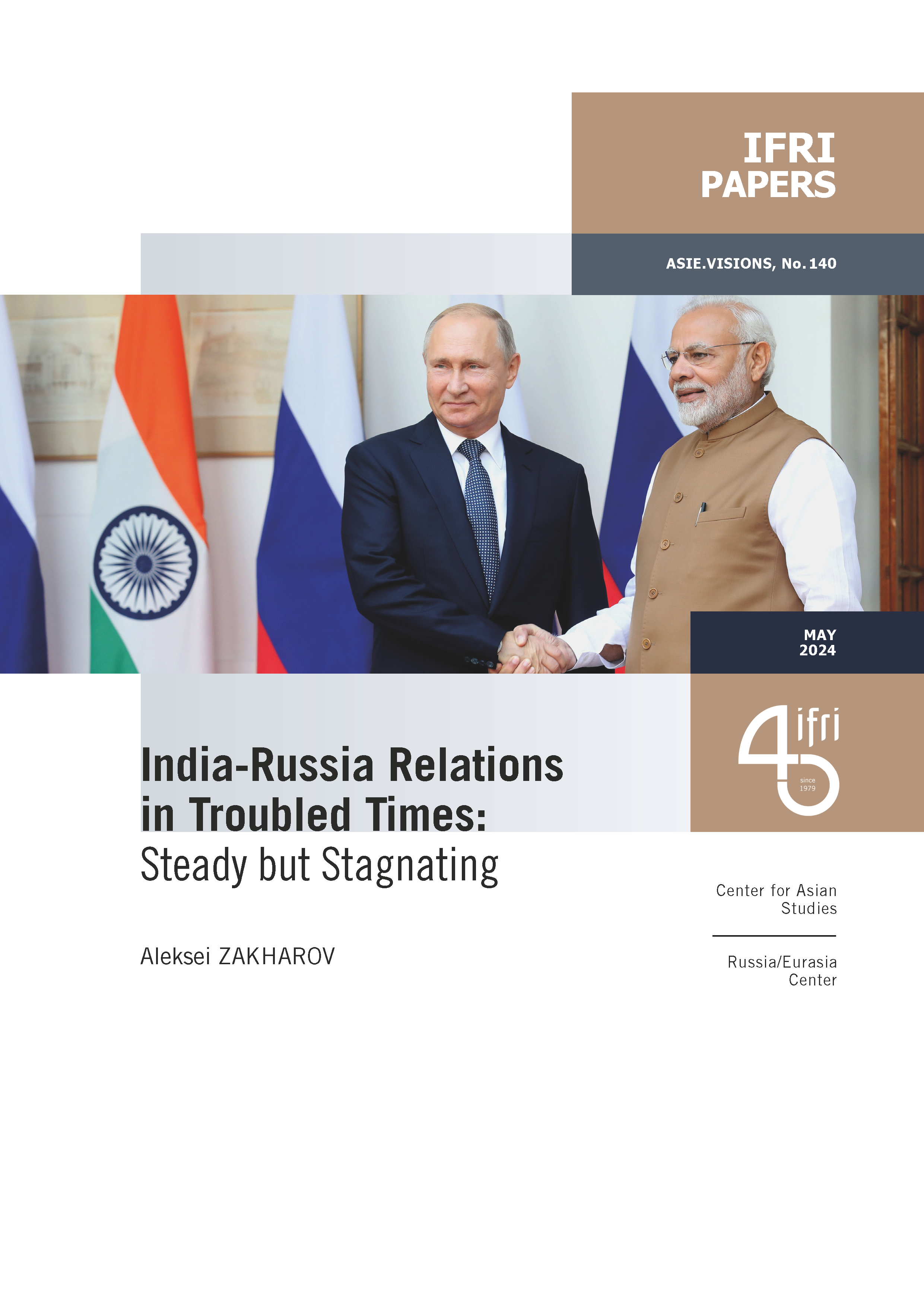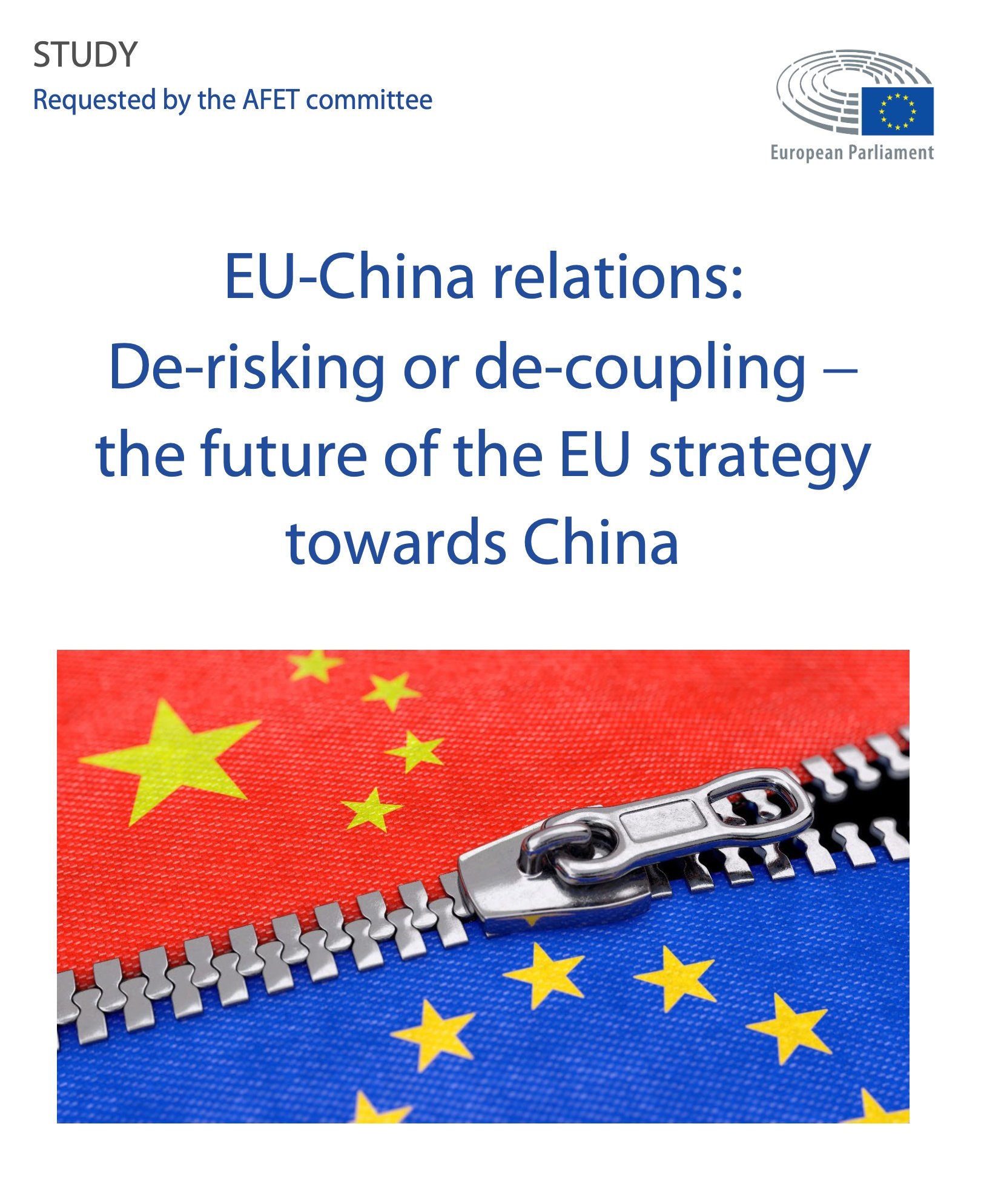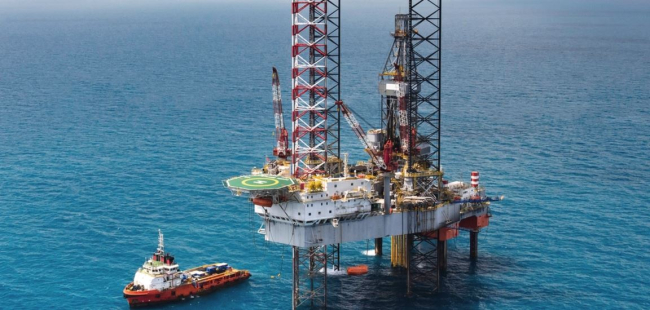Asia and Indo-Pacific
Asia and the Indo-Pacific are often presented as the heart of international relations in the 21st century.
Related Subjects

France and the Philippines should anchor their maritime partnership
With shared interests in promoting international law and sustainable development, France and the Philippines should strengthen their maritime cooperation in the Indo-Pacific. Through bilateral agreements, expanded joint exercises and the exchange of best practices, both nations can enhance maritime domain awareness, counter security threats and develop blue economy initiatives. This deeper collaboration would reinforce stability and environmental stewardship across the region.

Energy in Southeast Asia: from Networks to Markets Integration
Southeast Asia is one of the world's most dynamic regions and experiences strong economic and energy demand growth rates. In this context, the Association of Southeast Asian Nations (ASEAN) is seeking to interconnect the electric grids and gas networks of the countries through two initiatives, the Asean Power Grid and the Trans-Asean Gas Pipeline, in order to pool resources and optimize energy markets integration in the region.
Najib Razak’s Malaysia: A solid economy on a foundation of political tension
Najib Razak began his term as Prime Minister of Malaysia in 2009 amidst a severe global economic crisis, concern over spiraling public debt and fears the country would fall into the ominous “middle income trap”.

Taiwan after the elections: what next?
On 16 January, the independence-leaning Democratic Progressive Party (DPP) won a double victory over the ruling party, the Kuomintang (KMT). DPP candidate Tsai Ing-wen was elected president with 56% of the vote, and for the first time the party won a majority in the Legislative Yuan – Taiwan’s parliament – with 68 of the 113 seats.


The ASEAN Community: The Reality of a Vision
On December 31, 2015, ASEAN launched its long-anticipated Community with relatively little fanfare. This low-profile attitude surprised many observers: announced as a milestone and the signal of the member-states determination to bring regional cooperation “to a higher plane,” the launch was indeed modest, even imperceptible.


On the Campaign Trail in Taiwan
Taiwan remains a hyperactive democracy, where political rallies and gatherings of various types are being organized in all directions as the elections draw near. This photo essay shows photos mainly taken during political rallies in Taipei in December 2015, two to three weeks before the presidential and legislative elections on January 16, 2016.
Going Tactical: Pakistan’s Nuclear Posture and Implications for Stability
For decades, the Asian security environment has been characterized by multiple strategic rivalries with cascading effects.
(Dis)integrating Asia? - Interview with Euan Graham
Euan Graham, Senior Fellow in the Maritime Security Programme at Rajaratnam School of International Studies (RSIS), explained Australia's position vis-à-vis regional economic integration in Asia.
How Asia is transforming geopolitical situation and it is most affecting Taiwan today? Interview with Francis Yi-hua Kan
Francis Yi-hua Kan is an Associate Research Fellow at the Institute of International Relations, National Chengchi University.
(Dis)integrating Asia? Interview with Toshiro Iijima
Toshiro Iijima, Deputy Director-General of the Japan Institute of International Affairs (JIIA), expressed his views on the following questions:
- How is the geopolitical transformation of Asie most affecting Japan?
- What is Japan's vision on shaping regional frameworks?
- Which regional entities should be the primary drivers in shaping regional frameworks?
Click here to read the program of the conference.
Support independent French research
Ifri, a foundation recognized as being of public utility, relies largely on private donors – companies and individuals – to guarantee its sustainability and intellectual independence. Through their funding, donors help maintain the Institute's position among the world's leading think tanks. By benefiting from an internationally recognized network and expertise, donors refine their understanding of geopolitical risk and its consequences on global politics and the economy. In 2024, Ifri will support more than 70 French and foreign companies and organizations.








